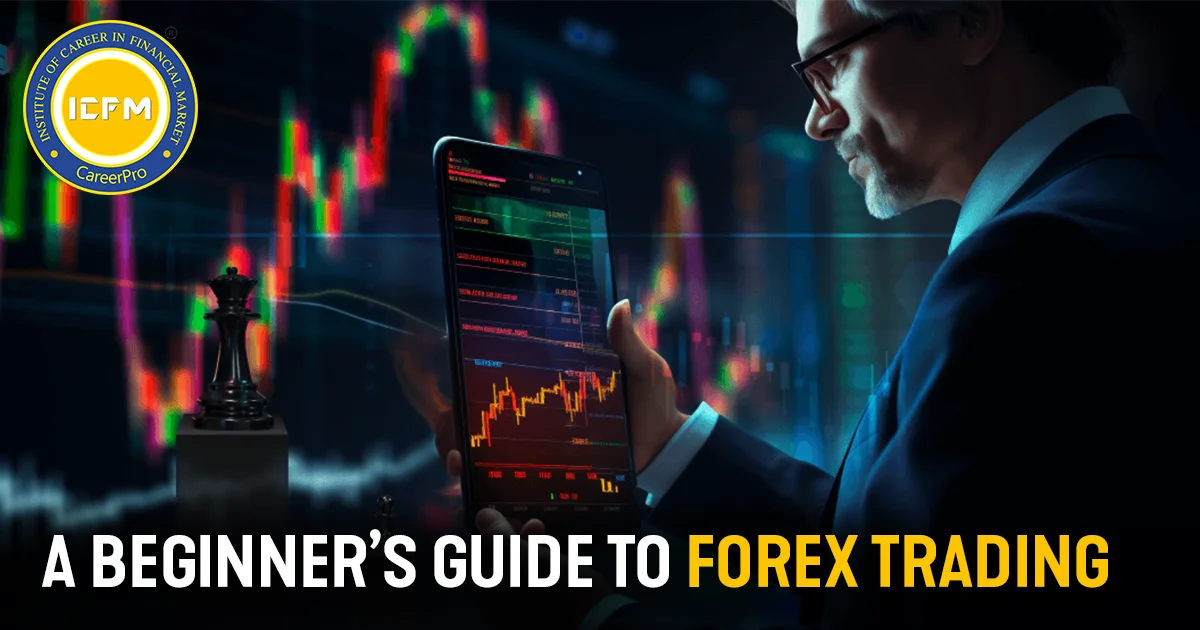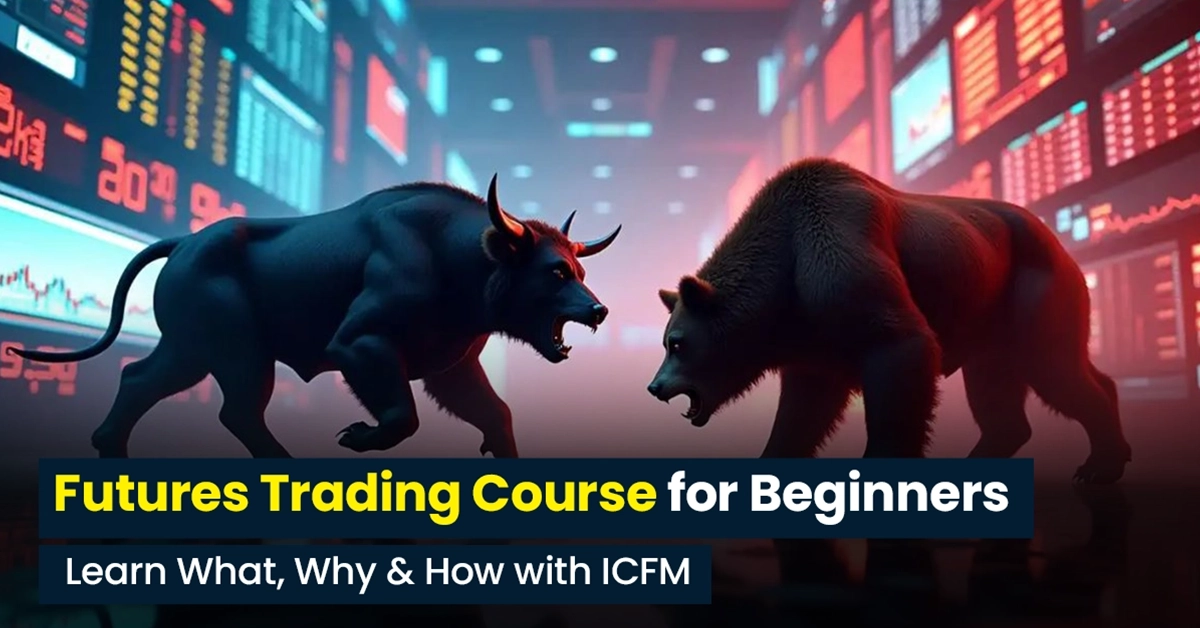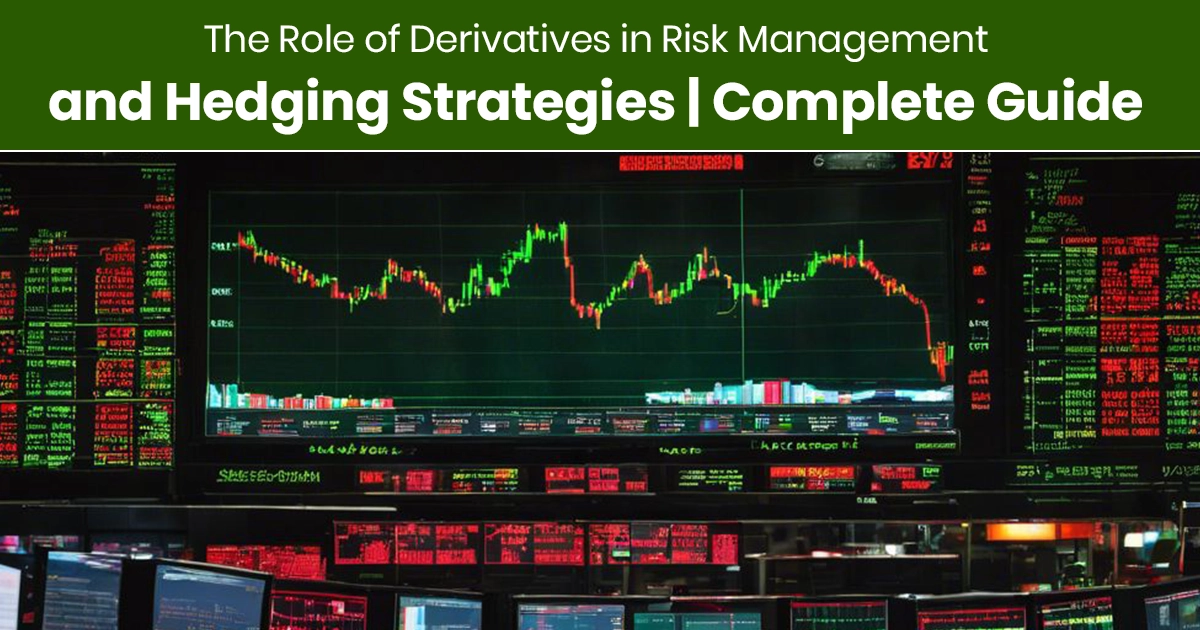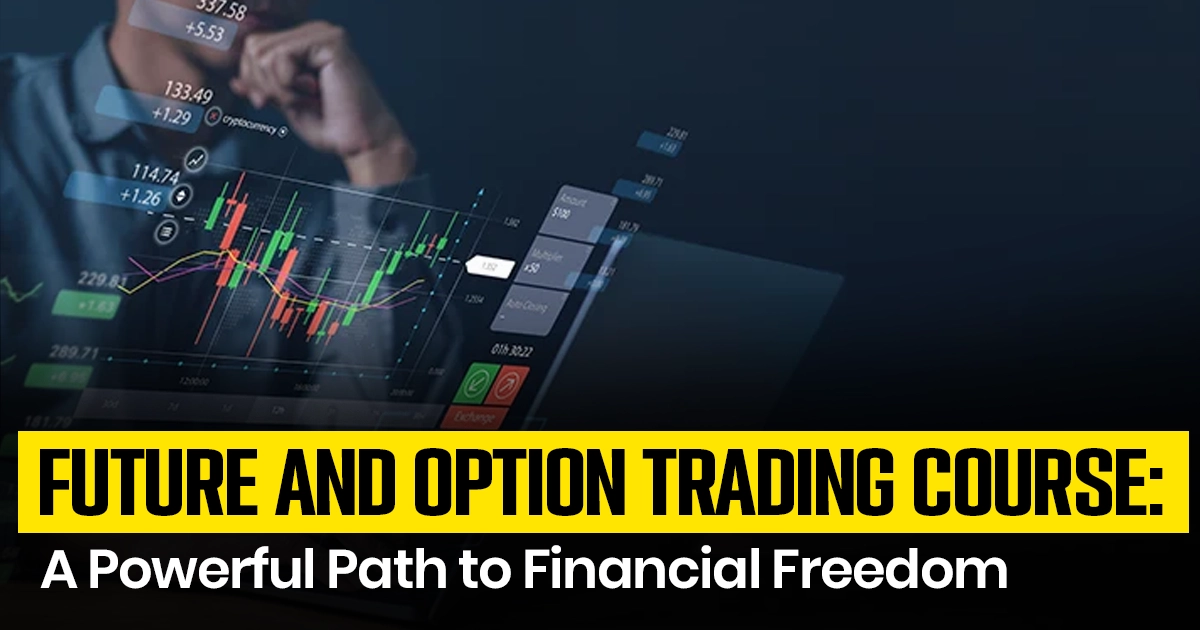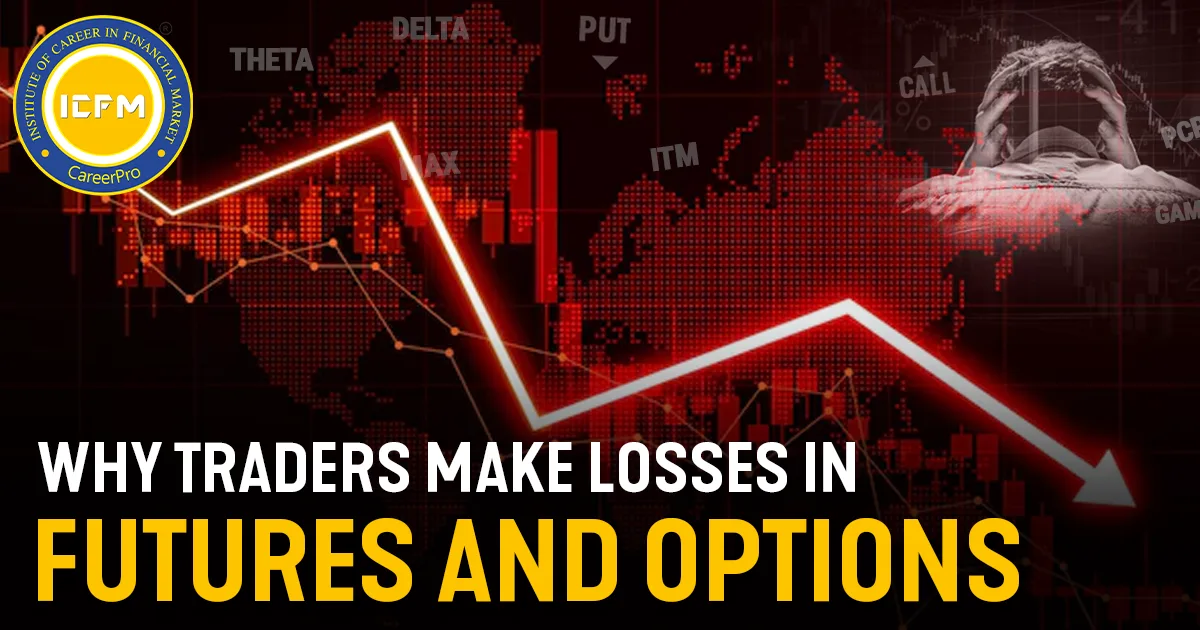A Beginner's Guide to Forex Trading
Introduction
The foreign exchange market, known simply as Forex, is the world's largest financial market, with daily trading volumes exceeding a staggering $6 trillion. Despite this size, Forex trading remains somewhat of an enigma for most people. If you are looking to enter the market for the first time, or even just want to understand how to get started with Forex, then this guide will supply you with the knowledge you need to begin trading in Forex.
What is forex trading?
Forex trading is when you buy and sell currencies in pairs. The two most common combinations are the Euro/US Dollar (EUR/USD) or British Pound/Japanese Yen (GBP/JPY). Unlike a traditional stock market wherein you buy shares of a company, Forex is different wherein you are trading one currency against another.
How Does Forex Trading Work
1. Currency Pairs: Every Forex trade involves a pair of currencies. The first currency is known as the "base currency" and the second is the "quote currency." For example, in the pair EUR/USD, the EUR is the base currency and USD is the quote currency.
2- Leverage: One of the main advantages of Forex trading is that it uses leverage, so you can control a larger position with a smaller amount of capital. For example, with 50:1 leverage, a $1,000 investment allows you to control $50,000 worth of currency.
3- Market Hours: The Forex market operates 24 hours a day, five days a week. It opens on Sunday evening closes on Friday evening (Eastern Time) opens on Monday morning and closes on Friday night (Indian Standard Time) .
How to Get Started with Forex Trading?
Choose a Reliable Forex Broker: Selecting the right broker is crucial for success in Forex trading. Look for brokers with low spreads, reliable platforms, and strong regulatory oversight. Some popular Forex brokers like Exness and Octafx in India include IG, OANDA, and MetaTrader.
Open a Trading Account: Once you've selected a broker, you'll need to open a trading account.
Most brokers offer different types of accounts based on your level of experience and risk tolerance.
You'll need to deposit funds into your account before you can start trading.
Begin with a Demo Account: Before trading live, it is quite advisable to practice first using the demo account. The demo accounts are virtual money through which one can feel the pace of the platform and market dynamics without creating any financial risks.
NOW FOR THE MOST IMPORTANT PART
Learn Technical and Fundamental Analysis:
1. Technical Analysis:- Involves the study of price charts and uses indicators such as moving averages, RSI, and MACD to predict price movements in the future.
2. Fundamental Analysis:- It involves analyzing economic data, geopolitical events, and central bank policies to understand how they might affect currency prices.
Risks of Forex Trading
While Forex trading can be lucrative, it is also highly speculative and involves high risk. Because of the use of leverage, one can lose more than his initial investment. It's essential to start small, trade with a strategy, and only use leverage when you fully understand the risks. So Make sure you utilize the leverage properly. If you make use of high leverage for trading, it will be risky.


